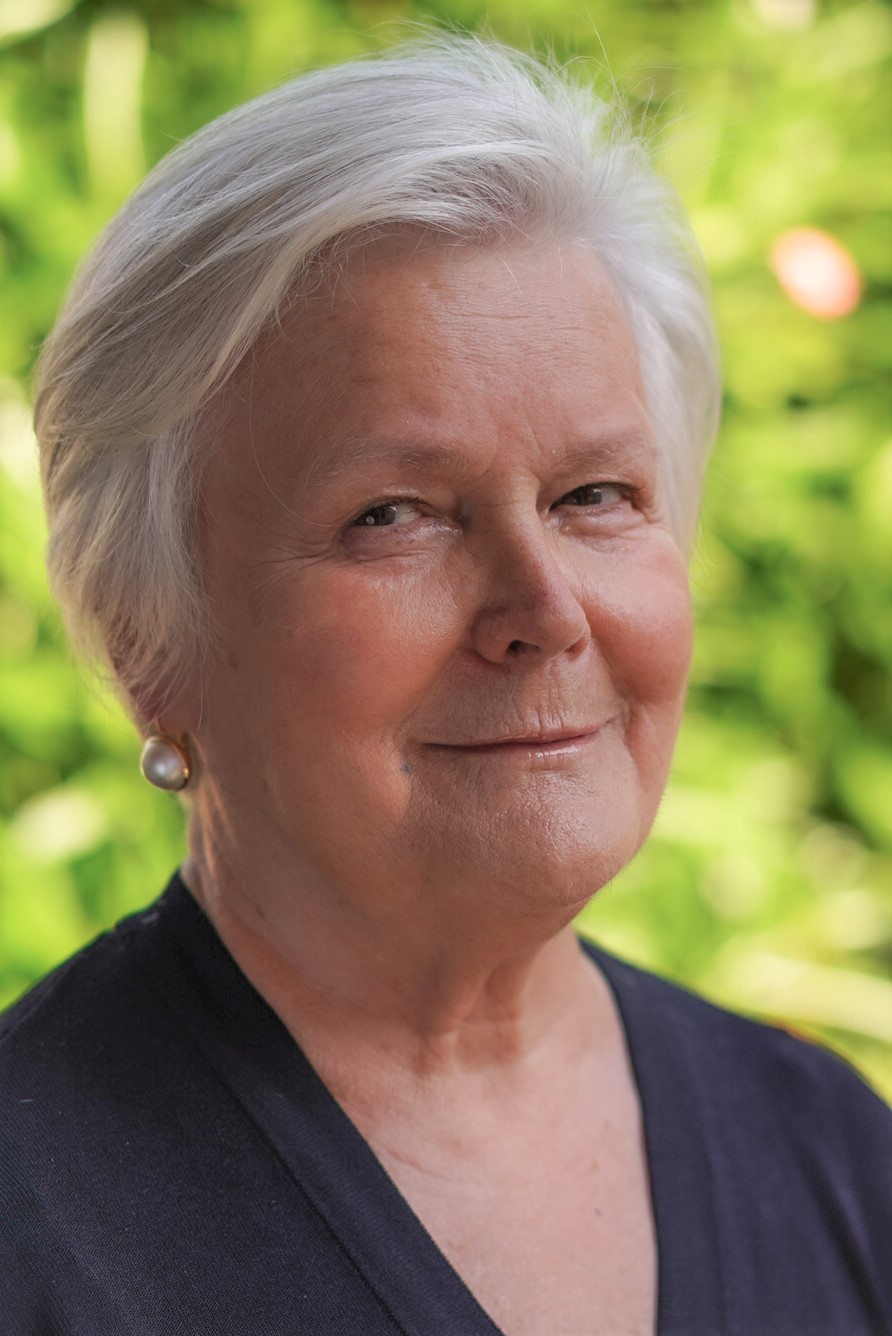Roma, 18 February 2025
Interview with... Maria Cristina Bombelli
Former Professor at the University of Milan-Bicocca and at SDA Bocconi School of Management. Founder of Wise Growth
[Cleared n°1 - anno XXII - January 2025]

In recent years, ENAV has been investing in development paths for its female managers through cross-company mentorship, to enhance transversal skills. From your experience, what are the main challenges that women face when they hold leadership roles in companies?
Women face complex challenges that are often linked to gender stereotypes and an often traditionalist organizational culture, which considers them less suitable for leadership roles. Added to this is the difficulty of developing a conscious confidence in their own potential, even if the new generations are now more aware of their value. A further obstacle concerns access to opportunities and “informal” power networks. This is where initiatives such as mentorship, adopted by ENAV, can really make a difference because they offer strategic support and new growth prospects. Finally, motherhood and the balance between professional and personal life remain crucial challenges, aggravated by a distribution of care loads that is still unbalanced and linked to gender stereotypes.
Does it still make sense to talk about “female leadership”? Aren't we at risk of creating a new stereotype?
It depends on where and how we talk about "female leadership". Personally, I believe that this expression should be used with caution and awareness, precisely because of the risk of misunderstanding that it entails. The goal should not be to define a "female way" of being a leader, in contrast to the male one, but to enhance a plurality of leadership styles regardless of gender. Talking about female leadership still makes sense if it serves to make certain inequalities visible and to stimulate concrete actions to overcome them. However, when this narrative becomes rigid and tends to define fixed characteristics, we risk falling into a new, and more limiting, form of stereotype. The key is to overcome the opposition between male and female leadership, focusing instead on inclusive and respectful leadership, which knows how to integrate different perspectives and recognize the unique value of each person.
With the actions and tools that are being used today, what scenario do you foresee in the coming years? Are there positive signs that indicate a change?
It is difficult to make predictions. Today there are contradictory signals regarding the issue of women in the company within the broader Diversity, Equity and Inclusion projects. The importance of the topic has grown over time, pushing many companies to recognize its value and necessity to foster a respectful and collaborative climate, which is also essential for achieving results. Nonetheless, in recent times, there have been many detractors of these policies, and this is a worrying fact. Criticisms often focus on marginal aspects, which are emphasized to justify the overcoming of all inclusion strategies. For the future, it will be essential to anchor ourselves to a broad vision of behaviors in the company, to the need to build a culture of respect that opens a serious and constructive dialogue with all people, listening to any problems in order to intervene in a coherent way.
In your opinion, can the female “role models” to inspire help the younger generations towards achieving gender equality?
Definitely. Personally, I belong to a generation in which, both at a social and corporate level, the leadership positions were occupied only by men. Even today, it often happens that photographs that immortalize moments of high-level meetings show few female presences. In fact, in the 60s and 70s, women in top positions were often interpreted in a negative way, as "traitors" to the feminine ideal. Things have changed a lot and young women now have diverse models to look up to. Above all, a dialogue has been built between the different generations, which allows people with more experience to support young women by playing the role of "mentor". Of course, this is not always the case, but this alliance between generations is much more widespread than one might think.


